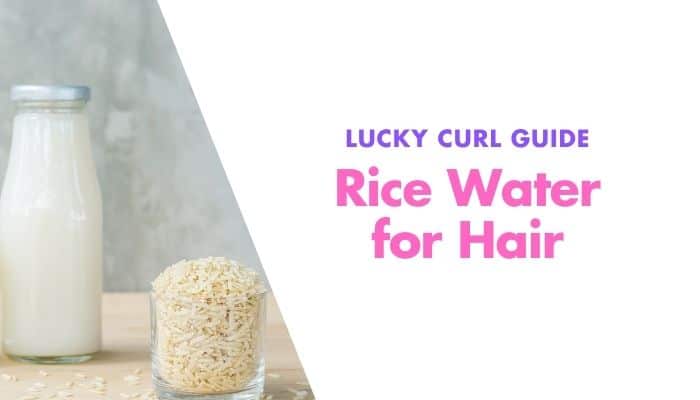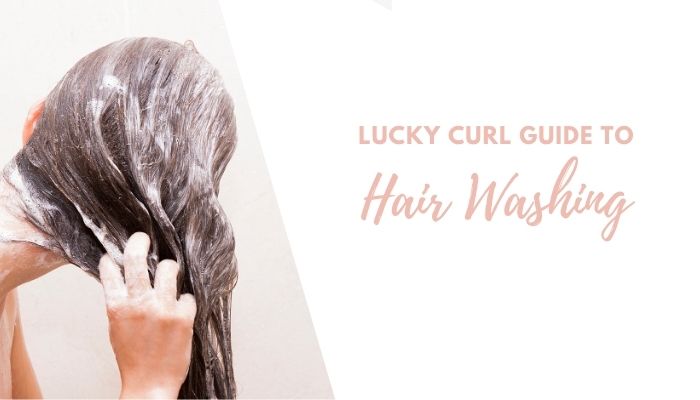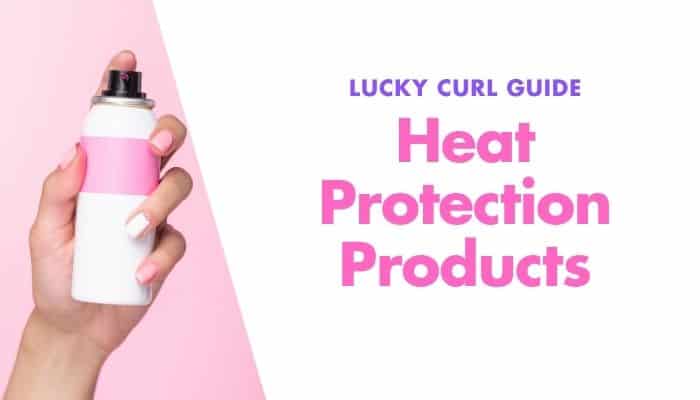My hair feels like it has gone out of its way to annoy me with its constant frizz and flyaways that it is just overwhelming at times. I do condition my strands but either I am putting too much or I am doing it wrong. I wonder now how often should you condition your hair?
What is conditioner?
A hair conditioner is a product that conditions or moisturizes strands to make them smooth and soft. It nourishes the strands thus taming frizz. This is typically applied after giving your strands a good wash since the shampoo is designed to remove any impurities on your hair.
There are different kinds of conditioners available today designed to solve specific hair problems. Understanding how they are used can be fruitful especially when it comes to the health of your hair.
What are the types of conditioners and how often should you use them?
-
Rinse-out conditioner.
This type of conditioner is the most used since it is typically applied after washing your mane. You can use this every time you wash your hair but the frequency will vary depending on your hair type. If you have oily strands, you should use this at least twice or three times a week. On the other hand, if your mane is thick, coarse, or even dry, daily application of this conditioner is worth it.
-
Leave-in conditioner
As the name suggests, you should leave this on your hair after washing to soften and tame frizzy strands. This is typically used by those who have dry hair since it can repair damaged strands. This should be applied once every week, but if you have curly to coarse hair strands then this will need to be applied often.
-
Deep conditioner
Conditioning your strands deeply can help nourishes your hair and scalp better compared to what the first two can offer. You will need to wait up to half an hour after application before rinsing it off. This is commonly used by those who have very dry hair as the hydrating properties can reverse damage to your strands.
-
Cleansing conditioner
Cleansing conditioners are those that are somewhat similar to rinse-out conditioner but it does work like shampoo and conditioner in one. They are designed to be lightweight so your hair will not be weighed down. So if you have oily to fine! And, make sure that you go for this type of conditioner. If you have dry, coarse, or even curly strands you can use this conditioner at least once a week to nourishes your hair and scalp.
How to Condition Hair
How do you use conditioner the right way? If you want to experience good hair day all the time then you need to know how to use both your shampoo and conditioner correctly. After all, you don’t want to end up with an oily scalp because of over conditioning. If you are wondering how to avoid ending up with greasy hair then these steps should be done.
- Do not apply conditioner on hair that is too wet. What happens is that the product will simply slide off which is just a waste of product. It is important that you squeeze out the excess water from your strands before applying.
- Use the right amount. You may not believe it but a small amount can go a long way. This will vary depending on your hair type.
- A hair conditioner must be applied to the older parts of your hair. They must not start from the roots to the tips as this can weigh your hair down. Choose a point that is closer to the roots.
- Use a wide-toothed comb to distribute the product evenly.
- Allow the conditioner to sit for a few minutes.
- Rinse your mane thoroughly so there will be no build-up of products.
What the best conditioner for my hair type?
Do you want to make your hair look absolutely gorgeous? Then conditioning it can be useful in the long run. But first, let us determine what conditioner works for your hair type.
Fine Hair
If you have fine hair then a leave-in conditioner can be more useful compared to others. This is much better than rinse-out as well as deep conditioners since it is lightweight. Skip the heavyweight as they can make your strands appear limp.
Dry Hair
Dry hair will need deep conditioning just to receive damaged strands. If you have dry hair, your mane will be prone to breakage hence the need for nourishment. Deep conditioners can deliver their hydrating formula where it is needed.
Curly Hair
Curly hairs can vary when it comes to their needs. There are those who need to avoid conditioners with humectants especially when their strands are high porosity. On the other hand, low porosity strands that are relatively smooth will need a conditioner that they can get sit for a few minutes before washing off. This can be the rinse-out or leave-in conditioner.
Frizzy Hair
Tame frizzy hair with an anti-frizz conditioner to get smoother strands. This is best left for a few minutes to give the product time to penetrate the shaft where it is needed the most. Keep in mind though that an anti-frizz conditioner will be heavier but is needed to tame it.
Coloured Hair
Coloured hair will do well when it is treated with a conditioner that softens and nourishes dry strands. Since dyeing hair can leave your mane in need of moisture, you should look for one that has a moisturizing effect. Those without sulfates can be good especially when you have damaged strands.
How Much Should You Apply?
Are you using too much conditioner?
It is easy to spot that you are using too much conditioner. For example, if you have thick, dry hair, you will notice that it starts to become limp and hard to manage. When this happens it means that you are using too much conditioner. Another sign that you are using too much conditioner is when you cannot keep your hair up since there is no more traction.
As for fine hair, this is probably the easiest to spot since the strands appear to be oily and flat. The greasy and stringy texture should inform you that you are using too many conditioning products.
Are you not using enough?
A good sign that you are missing out on conditioning your hair is when it is way too frizzy than normal. If you can’t style it the way you want to or that there are too many split ends and flyaways, you gave skimping out on conditioner. There is a way to determine if your strands are in need of help. Take a piece of your hair and drop it on water. If it sinks then it is in need of hydration. If it floats then you have a healthy mane.
Common Questions About Conditioner
-
Should natural hair types use conditioner?
Yes, conditioning natural hair should be done too since it prevents dry and flaky scalp. Deep conditioning can be done once a week to help retain natural curls or waves. You can leave in the conditioner overnight or choose a deep conditioning product that you only need to leave for half an hour depending on your hair’s needs.
-
Is it bad to condition every day?
You can condition your hair on a daily basis which cannot be said of your shampoo. As a matter of fact, you can use it on days when you skip shampooing. The goal of conditioners is that they clean and replenish moisture on strands to keep them soft and smooth.
-
Can I pass on the ‘poo?
There are those who skip shampoo altogether because they want to use products that are less harmful, such as baking soda and vinegar. However, if you are not ready to give up on shampooing, you can skip washing your hair every other day. Dry shampoo will work here since it will protect your hair from the smell, oil, and grease. Skip on the ‘poo if you don’t want to burn your strands too much.
-
Does conditioner make your hair curly or straight?
A conditioner will never straighten your strands no matter how often you use it. It can highlight your curls however provided that you are using the right product. Conditioners are designed for moisturizing and nourishing strands only. Some are designed to enhance curls but they don’t make you curlier than usual.
Summary
Understanding the different types of conditioners and how they are used can benefit your strands in the long run. Determining your hair type can help narrow down your options when it comes to your mane which can improve its look considerably. Condition your mane right and you will have gorgeous hair all the time. It may take a while to determine the right frequency for your strands but once you figure it out, it will change your mane forever.



